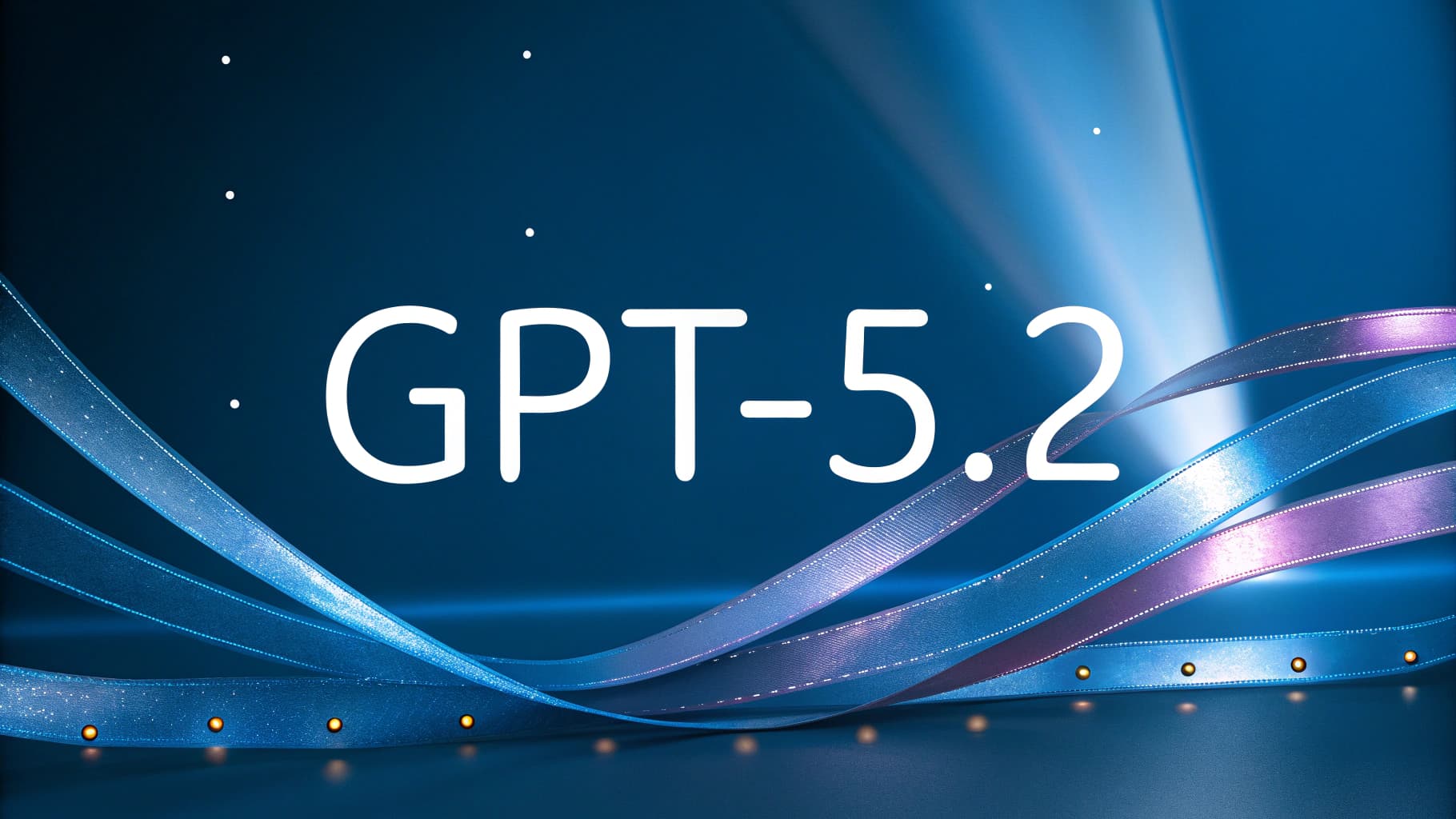
Thinking Machines: Why AI ‘Learners’ Will Beat ‘Scale’
Thinking Machines Challenges OpenAI: The First Superintelligence Will Be a Learner, Not a Behemoth
At a time when the AI industry is locked in a multi-billion dollar race to build ever-larger models, a researcher from one of the sector’s most valuable startups has delivered a pointed challenge to the prevailing orthodoxy.
The path to artificial general intelligence, he argues, isn’t about scaling bigger-it’s about learning better.
“I believe that the first superintelligence will be a superhuman learner,” Rafael Rafailov, a researcher at Thinking Machines Lab, told an audience at the TED AI conference in San Francisco.
This vision, he explained, involves an AI that can efficiently adapt, propose its own theories, run experiments to verify them, and iterate-a sharp departure from the scale-first approach of giants like OpenAI and Google.
Founded by former OpenAI CTO Mira Murati, Thinking Machines Lab-a secretive startup that recently raised a staggering $2 billion at a $12 billion valuation-is betting its future on this different path.
The ‘Groundhog Day’ Problem: Why Today’s AI Starts Fresh Every Morning
To illustrate the fundamental flaw in current systems, Rafailov used an example familiar to any developer: the advanced coding assistant.
You can ask it to perform a complex task, and it might succeed. “But then come back the next day and ask it to implement the next feature,” he argued, “and it will do the same thing all over again.”
The core issue is that these models don’t internalize experience. “In a sense, for the models we have today, every day is their first day on the job,” Rafailov noted.
A truly intelligent being, he contrasted, should “modify its behavior so every day it becomes better… the way a human you hire gets better at the job.”
A Band-Aid on a Bug: How Training Creates Bad Habits
This limitation leads to superficial problem-solving. Rafailov pointed out the tendency for coding agents to wrap uncertain code in try/except blocks-a programming shortcut to prevent errors rather than fix their root cause.
They do this because they are optimized for one thing: immediate task completion. This training methodology encourages them to take shortcuts, effectively “kicking the can down the road” instead of building a robust, genuine understanding of the code.
The Textbook Approach: From Problem-Solving to Knowledge-Building
The alternative, Rafailov suggests, is to fundamentally change how we train AI. Instead of giving a model a single difficult problem, rewarding it for the solution, and then discarding everything it learned, we should treat it like a student.
“Imagine we give them a textbook,” he proposed. “We ask our models to work through the first chapter, then the first exercise, the second… and so on.”
Under this paradigm, the objective shifts entirely. The goal is no longer to reward success on a single task but to reward progress, the ability to learn, and continuous improvement. This concept, known as “meta-learning,” is at the heart of the company’s strategy.
The Vision: A Superhuman Learner, Not a God-Like Reasoner
Ultimately, this leads to a different conception of superintelligence. It won’t be a single, static “god model” with infinite reasoning power. Instead, the first true ASI will be an agile, efficient, and relentless learner.
This is the ambitious, multi-billion-dollar bet Thinking Machines Lab is making. By focusing on creating an AI that learns how to learn, they are pursuing a harder, longer path-one they believe is the only route to true artificial general intelligence.




